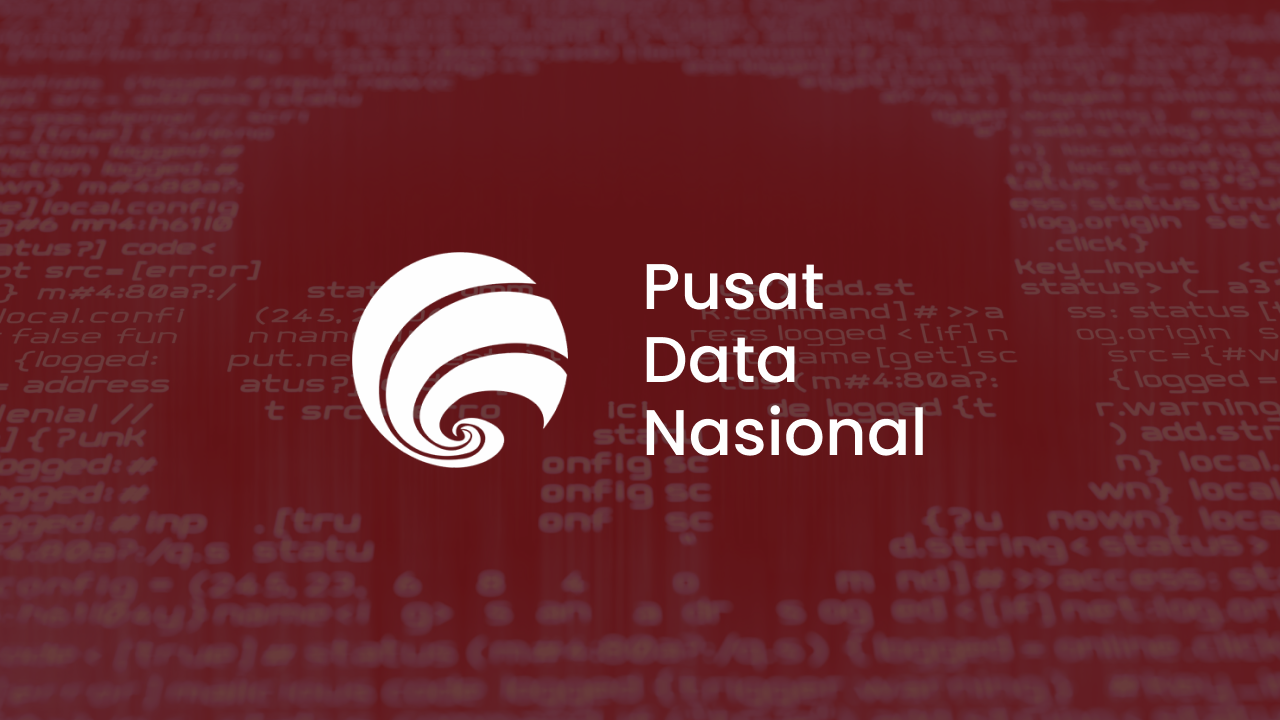By Patricia A. Pramono • Studio 1080, Published on September 05, 2024
TABLE OF CONTENTS
Phishing scams have rapidly evolved, becoming one of the most prevalent threats to modern businesses. No longer limited to easily identifiable spam, today’s phishing attempts are far more sophisticated, targeting employees who are often seen as the weakest link in a company’s defense. These attacks are not just random—cybercriminals are now strategically impersonating trusted departments such as HR, which employees inherently trust, or sending seemingly harmless customer reviews to lure victims into a false sense of security.
What makes these phishing scams so dangerous is the fact that it only takes one employee to let their guard down for an entire company to be at risk. A single click on a malicious link can open the door for hackers to infiltrate the company's systems, access sensitive data, or even deploy ransomware. In larger organizations, this can have a cascading effect, potentially affecting the entire business's operations, causing financial loss, and damaging the company’s reputation. Phishing has become a critical point of vulnerability, and it's increasingly clear that every employee, regardless of their role or level, needs to be vigilant and aware of these evolving threats.
Email Phishing in the Workplace
Phishing emails remain one of the most effective cyberattack methods, especially in work environments. Emails designed to look like legitimate HR communications or customer feedback can easily trick employees into clicking malicious links. For example, phishing scams targeting hotel employees through fake guest complaints have become more common, using emotional triggers to lure victims. According to a report from Tempo, hotel workers are increasingly being targeted by phishing and malware attacks disguised as guest complaints, which can lead to significant breaches within the hospitality industry.
Staff-level employees in other industries are also vulnerable. As mentioned in Indozone Tech, phishing attacks frequently target junior staff, who often have less cybersecurity training and are more likely to fall for these types of scams. Emails mimicking HR departments, with urgent messages about employee handbooks or payroll discrepancies, are particularly effective. These attacks prey on employees' trust in internal communications, leading them to click malicious links or provide sensitive information without verifying the source.
A report by Business Today highlights the growing trend of phishing attacks that use HR-related emails as a primary method to deceive employees. The report indicates that HR-related phishing emails accounted for a significant portion of the phishing attempts in the second quarter of 2024. These emails often include subject lines related to performance reviews, payroll issues, or company policy updates, which employees are likely to open without suspicion.
Also read: Think Before You Click! How to Spot Phishing Scams and Protect Your Data
Social Engineering Exploiting Employees’ Emotions
Phishing emails often manipulate emotions to increase the likelihood of a response. Hackers send emails with subjects that provoke fear, such as threats of job loss or payroll errors. This tactic is particularly effective in industries like hospitality, where employees are under constant pressure to respond quickly to customer complaints, as Tempo noted. These tactics exploit employees' desire to provide excellent service while tricking them into engaging with malicious content.
In addition to fear, phishing emails also often exploit curiosity or the promise of rewards. As Indozone Tech mentions, junior employees are especially susceptible to emails that promise bonuses or recognition in exchange for clicking on a link or downloading a file. The emotional manipulation inherent in these scams increases the likelihood that an employee will act without thinking, potentially exposing the entire company to a breach.
The Importance of Employee Training
To mitigate these attacks, companies must invest in regular employee training programs that teach phishing awareness. In today’s digital landscape, businesses in Indonesia and across the globe are realizing that ongoing training is essential to protect against these growing threats. This training should focus on helping employees recognize phishing attempts—teaching them to check for small discrepancies in email addresses, spot unusual attachments, and avoid clicking on suspicious links.
Simulated phishing exercises are particularly effective. These exercises place employees in realistic scenarios, allowing them to practice spotting phishing emails in a safe, controlled environment. Business Today notes that companies that regularly conduct phishing simulations often see a significant drop in successful phishing attacks. Employees become more attuned to the tactics cybercriminals use, turning them into the company’s first line of defense.
In addition to general awareness, cybersecurity training should be continuous and adaptive, addressing the evolving nature of phishing threats. At Cisometric, we offer comprehensive Cybersecurity Training programs designed to empower employees at all levels. Our training combines real-world phishing simulations with expert guidance, ensuring your team stays one step ahead of potential attacks. By incorporating this education into your company culture, you can reduce risks and foster a strong security-minded workforce prepared to protect your business from emerging threats. Investing in employee training isn’t just smart—it’s critical for safeguarding your company’s future.
Read more here: Cybersecurity Training
Simple Tips to Spot Phishing Emails
Recognizing phishing emails quickly and effectively is crucial to protecting your company from cyber threats. Here are several tips that can help employees to avoid falling victim:
-
Check the Sender’s Address: Look for small inconsistencies in the sender's email address, such as slight misspellings or incorrect domain names. A legitimate email will come from a recognizable and trusted domain, whereas phishing emails often use look-alike domains that are easy to overlook (e.g., "yourcompany.co" instead of "yourcompany.com").
-
Beware of Urgent Requests: Phishing emails frequently create a false sense of urgency to pressure you into taking immediate action. These messages often mention consequences like account suspension, job loss, or missed bonuses. Always take a moment to verify such requests by contacting the sender through official channels rather than responding directly to the email.
-
Verify Links Before Clicking: Before clicking on any link in an email, hover over it to see where it actually leads. If the URL seems suspicious or doesn’t match the official website of the sender, do not click on it. Phishing links often direct you to fake websites that appear real but are designed to steal your login credentials.
-
Watch for Unusual Attachments: Be cautious of unexpected attachments, especially from unfamiliar sources. Phishing emails often include harmful attachments disguised as documents (e.g., .zip, .exe, .pdf) that could install malware or ransomware on your computer. If you weren’t expecting the file, confirm its legitimacy with the sender before opening it.
-
Look for Generic Greetings: Phishing emails often use generic salutations such as "Dear User" or "Dear Valued Customer." Legitimate companies will usually address you by name, particularly if they are communicating about personal or sensitive matters.
-
Check for Spelling and Grammar Mistakes: While phishing emails are becoming more sophisticated, many still contain obvious spelling, grammar, or formatting errors. Legitimate companies are careful with their communications, so these mistakes can be a clear red flag.
-
Be Wary of Offers That Seem Too Good to Be True: Phishing emails sometimes use tempting rewards like cash prizes, gift cards, or discounts. If it sounds too good to be true, it probably is. Verify the legitimacy of such offers through official channels rather than clicking on the links or providing personal information.
-
Report Suspicious Emails: If you receive an email that seems suspicious, report it to your IT or security team immediately. By reporting potential threats, you help strengthen the company’s overall security and prevent others from falling victim.
Conclusion: Building a Strong Defense
Phishing attacks are a persistent and growing threat to businesses. Employees are often the first line of defense, so it's essential to educate them about how to recognize these scams. Companies that foster a culture of security awareness and invest in training programs are far better positioned to defend against cyberattacks. By staying vigilant and encouraging employees to think before they click, businesses can significantly reduce the risk of a phishing-induced data breach. Protecting against these threats requires a combination of employee awareness, regular training, and strong cybersecurity measures.
Follow us on LinkedIn for more updates regarding insights and the tips to protect yourself online like this.
LinkedIn: Cisometric






